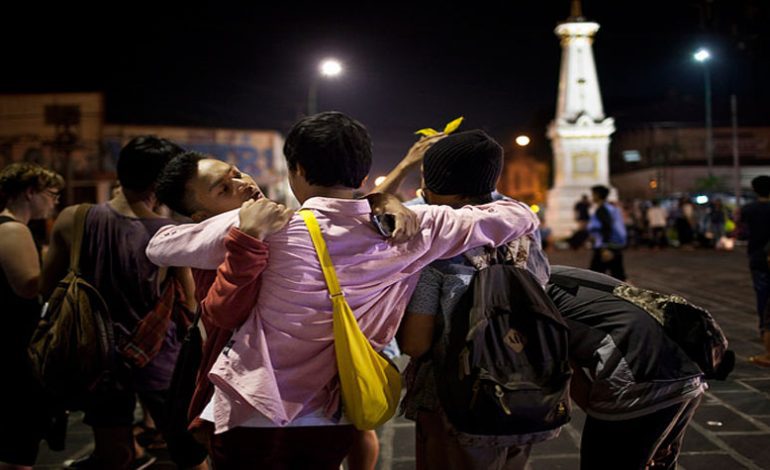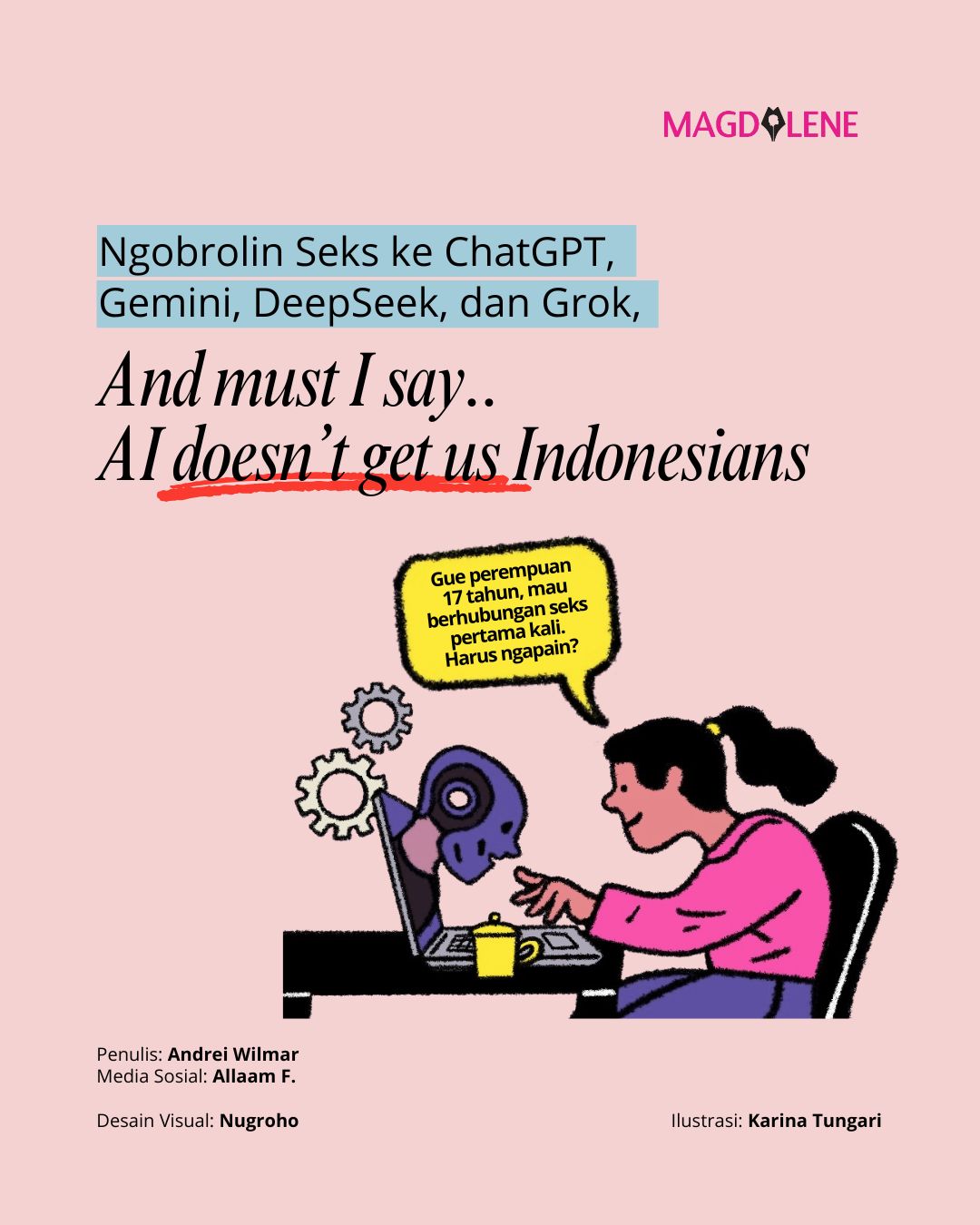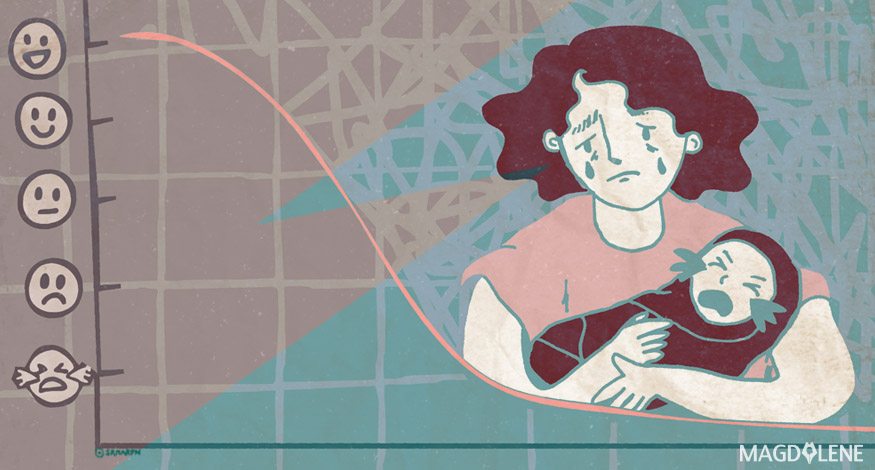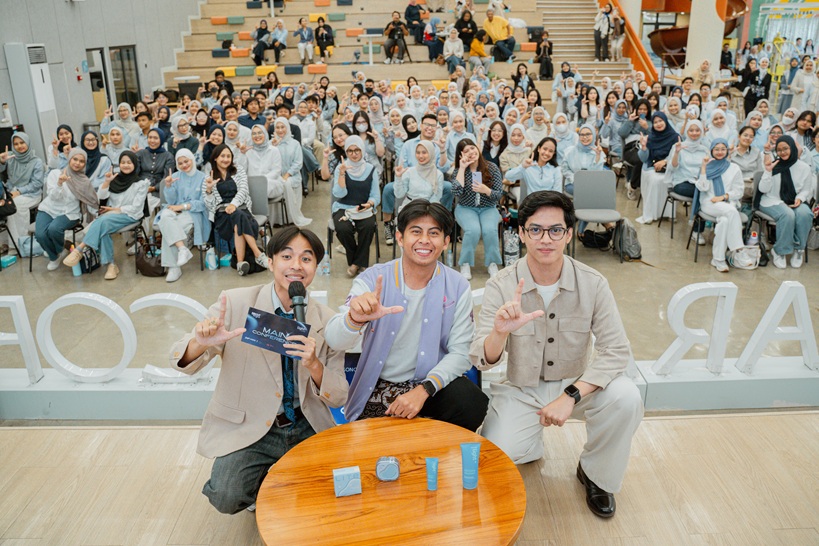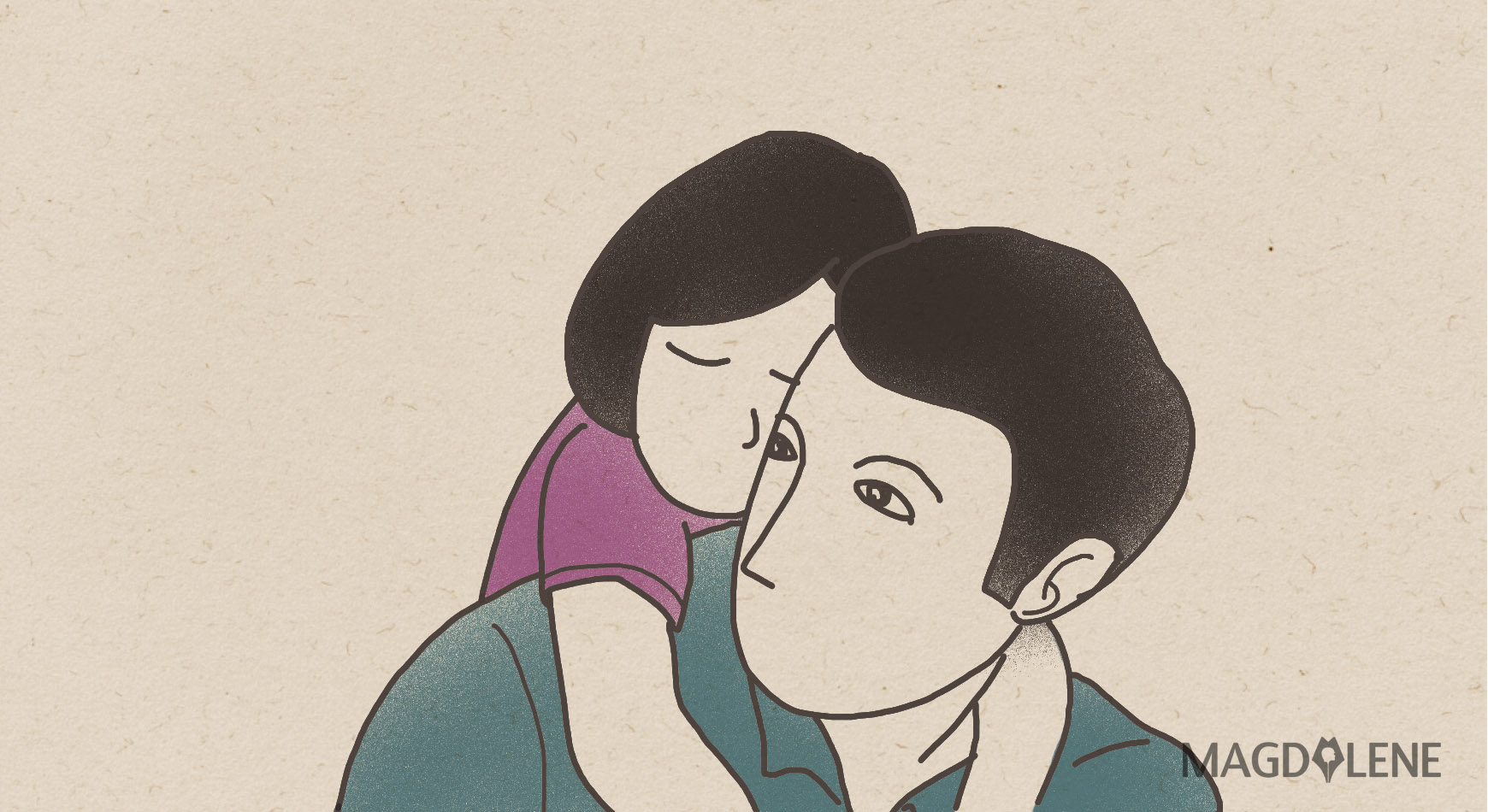Three Women and A City: Selamat Pagi, Malam

Jakarta is certainly not New York, but like the Big Apple, it offers a perfect backdrop for a movie, being a huge megapolitan and a melting pot of all sorts of people.
It is a poetry in chaos, and regardless how shitty the place can be, with gridlock, pollution and the high cost of living, it is an endless mine of inspiration for writers and filmmakers alike. There are stories to unravel, unsolved problems to be told, and dysfunctions to be unveiled.
After Daniel Ziv’s honest portrayal of the structural poverty in the capital in documentary, Jalanan (Streetside), another film presents Jakarta as not just as a setting but a character in its own right.
The second feature film from director Lucky Suwandy, Selamat Pagi, Malam (In the Absence of the Sun) follows the stories of three women – Anggia, Indri and Cik Surya – who are neither related nor connected, except for the same fate of living in a hypocritical society that force women to lose their identity.
Filmmaker Anggia has just returned to Jakarta after years of living in New York City and is experiencing reverse culture shock and the reality that there is no place for a gay woman like her in the tight-knit, conservative society. On the opposite side of her world, Indri, a towel girl in a fancy gym, is eager to climb the social ladder and marry up, at the cost of her safety and dignity in the process.
The third plot follows Cik Surya, a wealthy newly widowed struggling with her inner turmoil after finding out that her late husband of many years had been cheating on her the whole time.
These three characters embark on a parallel one-night journey of self-discovery, sexual liberation (for some) and unresolved love story (for other) – a journey filled with grief and longing, as well as laughter and awakening. This journey plays against the setting of Jakarta, somber and weary, not unlike an aging prostitute.
It is a mood piece in which subtlety is the norm, and this film largely manages to capture it. The actors deliver well, particularly Adinia Wirasti (who always shines in any movie) as Anggia the heartbroken soul; Dayu Wijayanto the drifting, deadpan widow; and Trisa Triandesa, the charming, penniless waiter that Indri later falls for.
There are times, though, when histrionic acting and dialogs as well as overly done jokes disrupt the nuances and made some characters appear caricature-like.
Some technical issues are also problematic giving it too much of an indie-movie feel, which is actually understandable given the movie’s less than Rp 2 billion (about US$170,000) budget. And the musical score can be a tad overpowering (think the loud saxophone sound of the ‘80s movies).
Still, the quiet courage of its female characters and the simple but unforeseeable trajectories of their stories earn Selamat Pagi, Malam an applaud for staying true to the filmmaker’s cinematic vision. With some minor hiccups in intertwining the plot, each piece of the puzzle eventually falls into the right place to create a powerful, emotional ending.
And it’s the kind of ending that makes you leave the cinema and actually seeing the city and the millions of people inside it in a different, more sympathetic light.
Selamat Pagi, Malam (In the Absence of the Sun); 94 minutes; Written and Directed by Lucky Kuswandi; Produced by Kepompong Gendut and Soda Machine Films; Opens in theaters on June 19, 2014; With English Subtitle.
Follow @heradiani on Twitter


